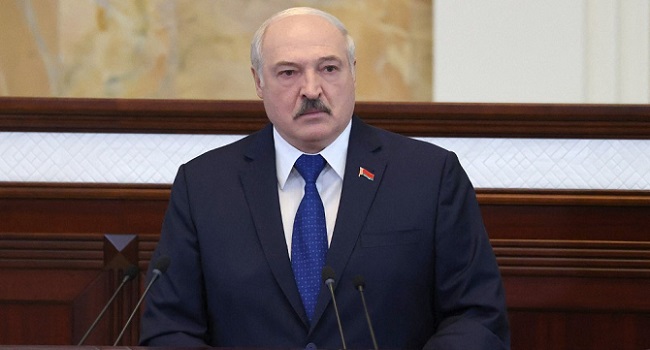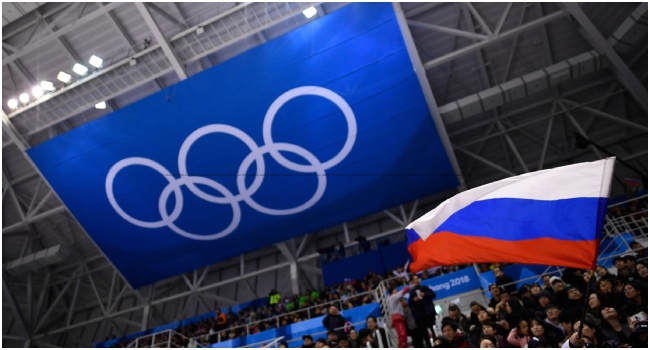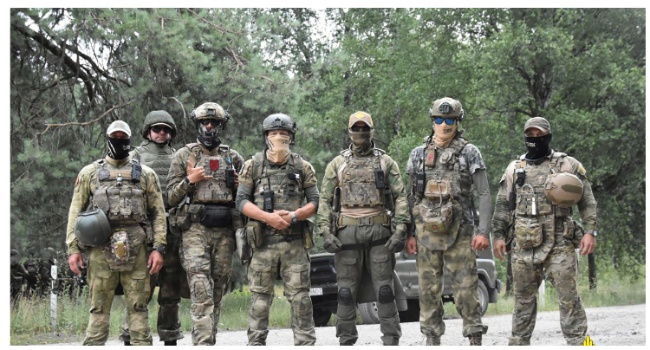Belarusian strongman Alexander Lukashenko has ordered the reclusive country’s embassies to stop issuing passports, in a move that leaves his critics abroad vulnerable to prosecution if they return.
Tens of thousands of Belarusians fled the Moscow-allied country in 2020, after Lukashenko brutally suppressed mass protests against his rule.
According to a decree published on Monday, Belarusians can only get a new passport or renew one in “consular services attached to their last registered place of residence” on Belarusian territory.
Until now, Belarusians living abroad were able to get new passports at the country’s diplomatic missions.
Since the protests, Minsk has jailed hundreds for speaking out against Lukashenko, with many Belarusians who took part in the protests or published anti-regime posts online avoiding returning home for fear of arrest.
Not being able to renew passports abroad would threaten their legal status in a new host country while also putting them at risk of trouble with the authorities back home.
Exiled opposition leader Svetlana Tikhanovskaya said on social media that she was “working with host countries to solve the situation.”
She said she was “preparing the New Belarus passport”, without explaining what this would entail.
According to the rights group Viasna, Belarus currently has 1,501 political prisoners.
Lukashenko’s rule became even more isolated since it allowed Moscow to use Belarusian territory as a launchpad for its Ukraine offensive last year.




